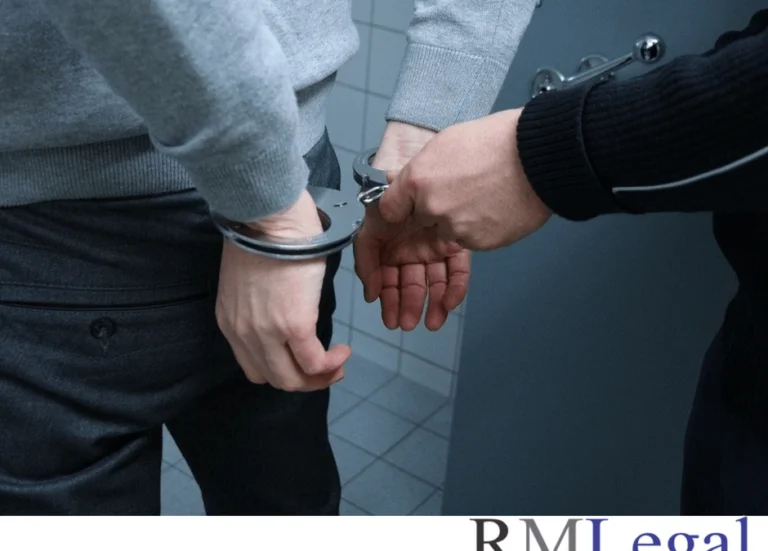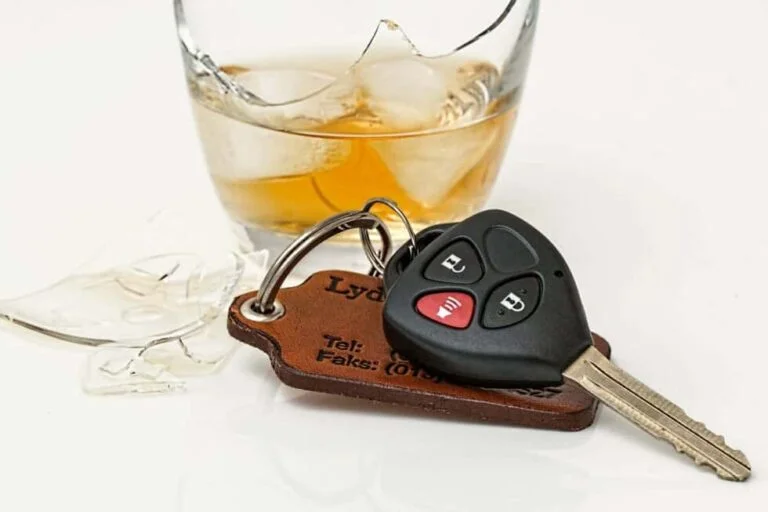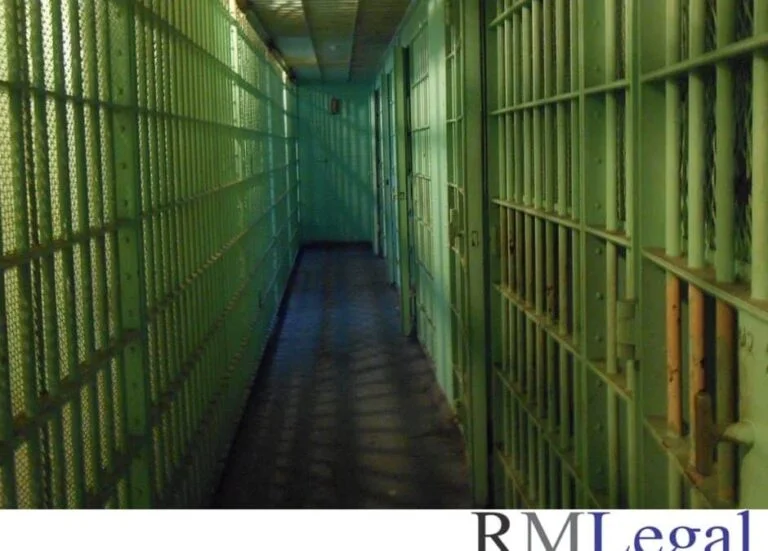HOW TO FIND A GOOD CRIMINAL DEFENSE ATTORNEY
When faced with criminal charges, the need for a competent criminal defense attorney cannot be overstated. The right attorney can mean the difference between a favorable outcome and a devastating one. At Big River Trial Attorneys in Baton Rouge, we understand the critical role a good lawyer plays in navigating the complexities of the legal system. Here’s a comprehensive guide on what to look for in a criminal defense attorney to ensure you have the best representation possible. More Than Just Court Appearances A good criminal defense attorney will do more than just show up in court to represent you. While courtroom advocacy is crucial, effective legal representation extends far beyond the courtroom. Your attorney should be actively involved in all aspects of your case from the moment you retain their services. Pre-Trial Meetings and Case Strategy A proactive lawyer will schedule meetings with you well before any court appearances. These meetings are essential for several reasons: Understanding Your Case: Your lawyer needs to understand every detail of your case. This includes your side of the story, any evidence you have, and your goals for the outcome. Discussing Case Strategy: These meetings are a time to develop a tailored strategy for your defense. Your lawyer should explain the possible approaches, the risks involved, and the potential outcomes. This collaborative planning is vital for a coherent and effective defense. Building Trust and Communication: Regular meetings foster trust and open communication. You should feel comfortable discussing your concerns and asking questions. A good attorney will listen to you and provide clear, honest answers. Comprehensive Review of the Discovery Packet The discovery packet is a compilation of all the evidence the prosecution plans to use against you. This packet is critical to your defense, and a good lawyer will ensure you have access to it and understand its contents. Sharing and Explaining the Discovery Packet A dedicated criminal defense attorney will provide you with a copy of the discovery packet. More importantly, they will go over it with you in detail. This review serves multiple purposes: Transparency: Sharing the discovery packet ensures you are fully informed about the evidence and the charges you are facing. Detailed Analysis: Your lawyer will dissect each piece of evidence, explaining its significance and how it may impact your case. Identifying Strengths and Weaknesses: By reviewing the discovery together, you and your attorney can identify the strengths and weaknesses of the prosecution’s case and adjust your defense strategy accordingly. Analyzing the Discovery for Motions A good criminal lawyer doesn’t just review the discovery; they analyze it for any potential motions that could be filed. This analysis is a critical step in building a robust defense. Types of Motions Several types of motions can be filed depending on what the discovery reveals. Some common motions include: Motion to Suppress Evidence: If evidence was obtained illegally, your lawyer might file a motion to suppress it, arguing that it should not be presented in court. Motion to Dismiss: If there are grounds to believe that the charges are unfounded or there is a lack of evidence, your lawyer can file a motion to dismiss the case. Motion for a Change of Venue: If a fair trial is unlikely due to pretrial publicity or other factors, your lawyer might request a change of venue. Motion in Limine: This motion seeks to put your case in a better position for trial and can include all types of things from requesting that police officers not be allowed to testify in uniform to prohibiting certain information from being discussed by witnesses at trial. Preparing the Best Defense Ultimately, a good criminal defense attorney is focused on preparing the best possible defense for your charges. This preparation involves several key steps: Investigating the Case: A thorough investigation might include interviewing witnesses, gathering additional evidence, and consulting with experts. Developing a Theory of Defense: Your lawyer will create a coherent theory of defense that explains why you should not be found guilty. Preparing for Trial: This includes drafting opening statements, preparing cross-examinations, and rehearsing your testimony if you choose to testify. Negotiating Plea Bargains: If a trial is not in your best interest, your attorney will negotiate with the prosecution to reach a plea bargain that minimizes your penalties. Conclusion Choosing the right criminal defense attorney is one of the most important decisions you can make when facing criminal charges. At Big River Trial Attorneys in Baton Rouge, we pride ourselves on providing comprehensive, proactive, and dedicated legal representation. A good criminal defense attorney will meet with you ahead of time to discuss strategy, provide and explain the discovery packet, analyze it for necessary motions, and help you prepare the best defense possible. Remember, your attorney is your advocate and guide through the legal process, and having a good one can make all the difference.







